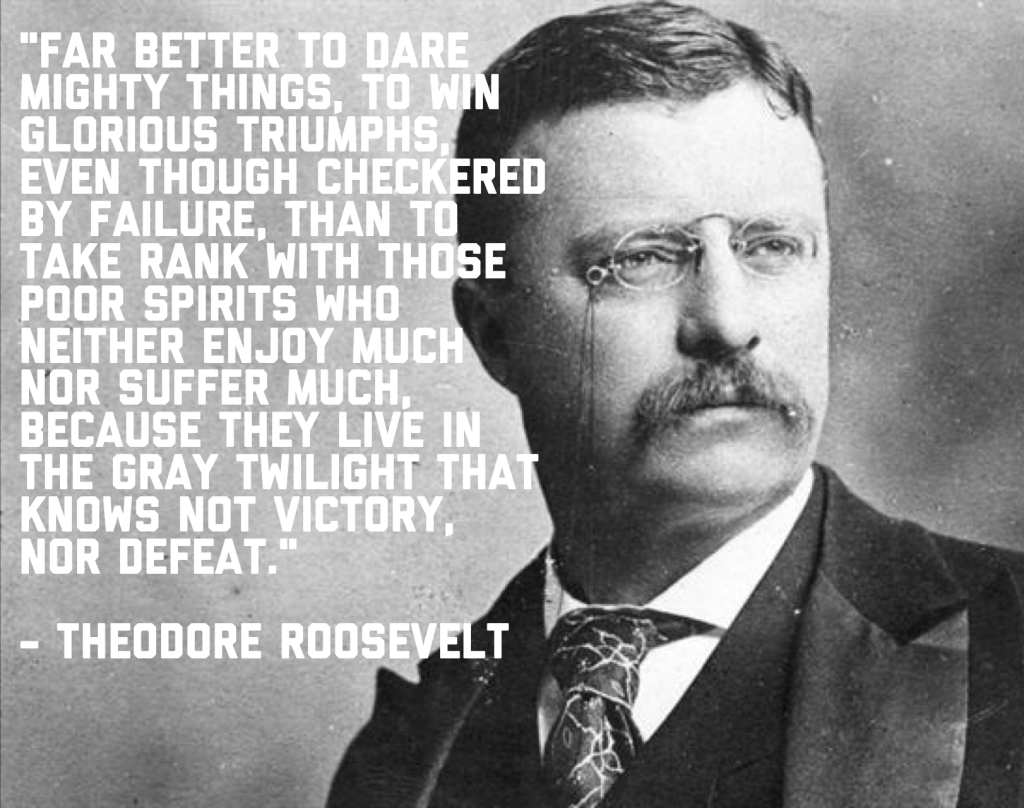Is your leadership development haphazard?
Do you have a system for developing leaders or do you just pick the low hanging fruit? Are you being intentional in your church’s leadership development process? In other words, do you have a leadership pipeline to move someone from the pew into a high level leadership position?
When talking about leadership development within the church, we need to have the big vision in mind. We cannot just narrowly focus on developing leaders for our own ministry areas, Our goal and vision needs to be bigger than that – it needs to be about creating kingdom workers for the harvest.
When I developed this Mid-Size Community (MSC) leadership training program (which became a farm system to develop future church planters), I was not going off of nouveau leadership sayings and tacky workshop techniques. Rather, I created this system intentionally around a multi-dimensional adult-education oriented model for leadership development.
As a result, this program takes into account a variety of learning methods, such as, personal growth, conceptual understanding, feedback, and skill building. This program is also focused on developing leadership competencies, in addition to role based skills.
It is important to note that this program is merely the primary/initial training for MSC leaders and leadership team members. Successful ongoing leadership requires secondary/subsequent training, which will be the topic for another post/workbook.
The diagram here outlines how the leadership training is laid out. Each session can be accomplished in a two-hour time frame. Furthermore, the all-day retreat setting gives you the opportunity to observe the personality of these future leaders in a relaxed environment.
[Read more…] about Developing a System for Leadership Development – MSC Leadership Training







